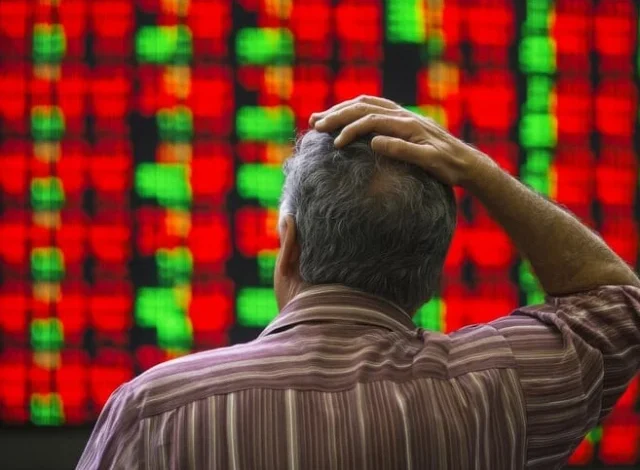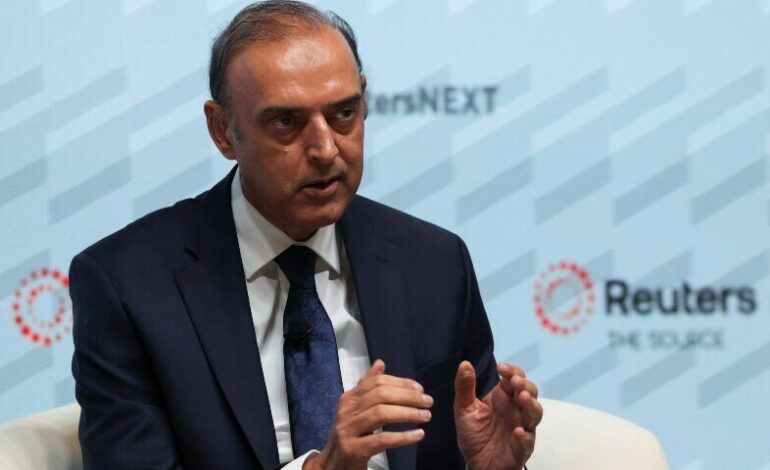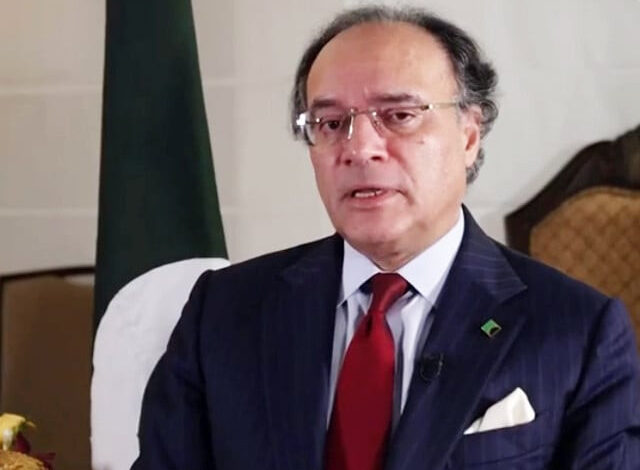
Pakistan Finalises Digital Currency & Crypto Law | PSX Hits Record High Then Closes Flat
The State Bank of Pakistan (SBP) is preparing to launch a pilot for a central bank digital currency (CBDC) and is finalising legislation to regulate virtual assets, as the government accelerates efforts to modernise the country’s financial system.
Speaking at the Reuters NEXT Asia Summit in Singapore, SBP Governor Jameel Ahmad said the central bank was building its technical capabilities and hoped to initiate the pilot program soon. He added that a new legal framework was in the works to license and regulate the virtual assets sector, with the central bank engaging with technology partners to support implementation.
The move reflects a broader global trend, with countries like China, India, Nigeria, and several Gulf nations already experimenting with or rolling out digital currencies. Pakistan’s strategy aims to strike a balance between innovation and risk management, ensuring that the benefits of blockchain-based financial services are harnessed responsibly.
Ahmad, who spoke alongside Sri Lanka’s central bank governor, emphasized the importance of regulatory clarity, noting that a comprehensive law would lay the foundation for the digital finance ecosystem in Pakistan.
The initiative is backed by the Pakistan Crypto Council (PCC), which was established by the government earlier this year to promote blockchain and virtual assets. According to PCC CEO Bilal bin Saqib, the government has now officially approved the Virtual Assets Act 2025, introducing a new independent regulatory body – the Pakistan Virtual Asset Regulatory Authority (PVARA).
PVARA will oversee the licensing, regulation, and supervision of entities offering virtual asset services in or from Pakistan. The law provides a structured licensing regime with requirements covering corporate governance, compliance standards, and reporting systems. A dedicated regulatory sandbox will also support fintech innovation under supervisory oversight.
To ensure compatibility with Islamic financial principles, a Shariah Advisory Committee will be established to guide PVARA on the religious compliance of digital financial products. Additionally, a dedicated appellate tribunal will hear disputes involving regulatory decisions, ensuring transparency and fairness.
Meanwhile, the SBP reaffirmed its commitment to a tight monetary stance to manage inflation, which has declined from 38% in May 2023 to 3.2% in June 2025. The central bank has lowered the policy rate from 22% to 11% over the past year, contributing to improved macroeconomic stability and foreign exchange reserves, which now stand at $14.5 billion—up from under $3 billion two years ago.
Governor Ahmad also noted that Pakistan’s foreign debt exposure to dollar fluctuations was limited, with only 13% comprising Eurobonds or commercial loans. He expressed confidence in the current $7 billion IMF program, which runs through 2027 and has driven reforms in taxation, energy pricing, and forex market liberalisation.
In a separate development on the financial front, the Pakistan Stock Exchange (PSX) experienced a volatile trading session on Tuesday. The benchmark KSE-100 index surged past 134,000 points during intra-day trading for the first time in history, but profit-taking by investors trimmed most of the gains. The index eventually closed at 133,403.19, up just 33 points, or 0.02%, from the previous close.
The market opened positively but soon dipped to an intra-day low of 132,696 before rebounding to hit a record high of 134,200 points. By session’s end, heavy profit-booking took hold as investors cashed out on recent gains.
Analysts attributed the record highs to a combination of strong fundamentals, including a 7.22% increase in textile exports during FY25, reduced credit default swap (CDS) levels indicating lower default risk, stable exchange rates, and anticipation of strong upcoming earnings reports.
Top contributors to the index included Habib Metropolitan Bank, Askari Bank, Meezan Bank, Indus Motor, and MCB Bank, which collectively added 222 points. However, losses in Fauji Fertiliser, Systems Limited, Engro Fertilisers, and Mari Petroleum offset gains by 173 points.
Trading volumes surged to 1.2 billion shares, up from 919.9 million the previous day, with share values totaling Rs42 billion. A total of 480 companies were traded; 217 closed higher, 231 declined, and 32 remained unchanged. Foreign investors were net sellers, offloading Rs543 million worth of shares.
Among the volume leaders, TPL Properties led with 96.7 million shares, rising Rs1 to Rs10.72. WorldCall Telecom and Hascol Petroleum followed with 64.4 million and 47.7 million shares, respectively, both posting modest gains.
Brokerage firm Arif Habib Limited projected that the KSE-100 could return 27.4% in FY26, with overall earnings growth estimated at 9.2%, or 14% excluding banks and exploration sectors. Near-term technical support for the index lies between 132,000 and 133,000 points.
Despite the volatility, analysts remain optimistic about the broader market outlook, pointing to improving macro indicators, investor confidence, and corporate profitability as key drivers for continued growth.






